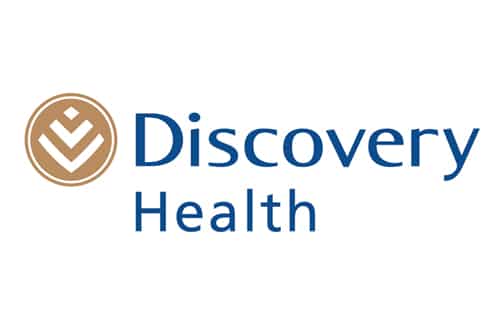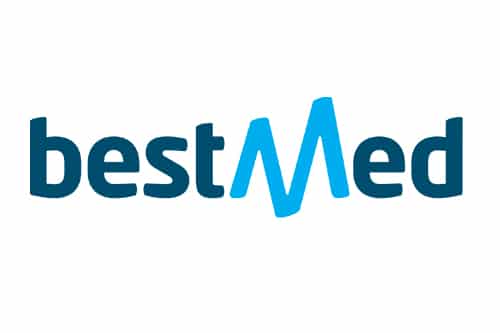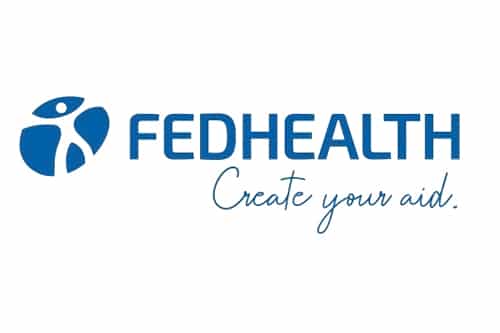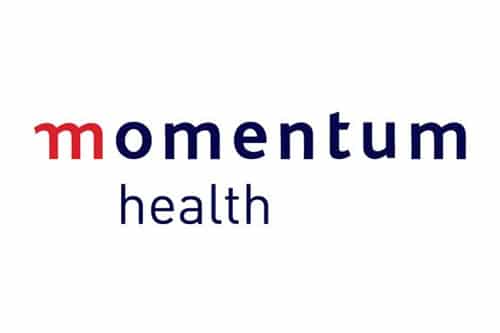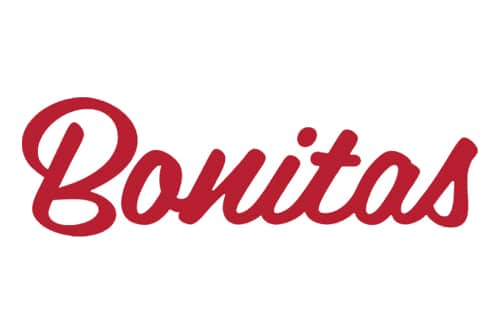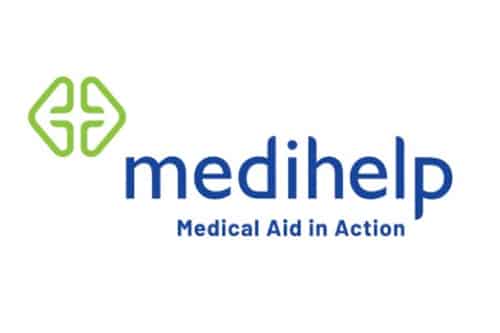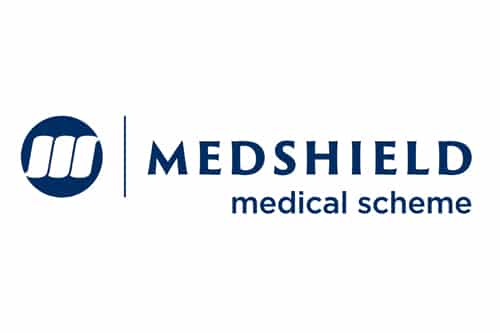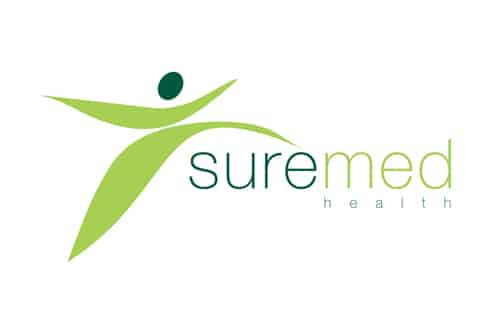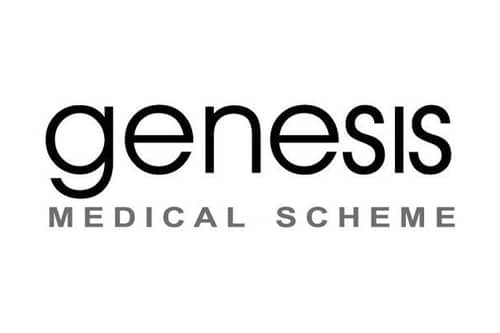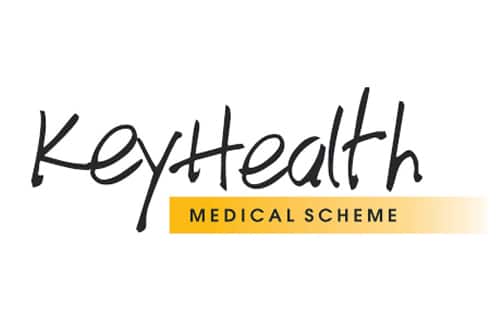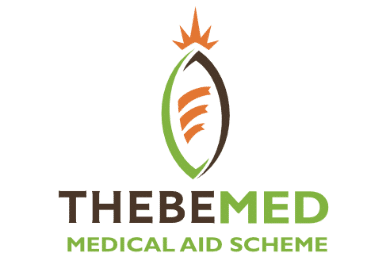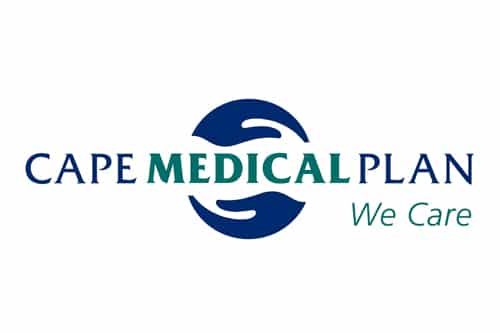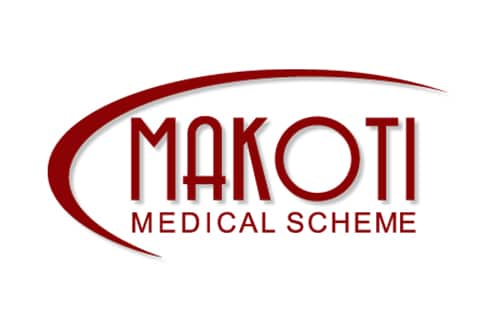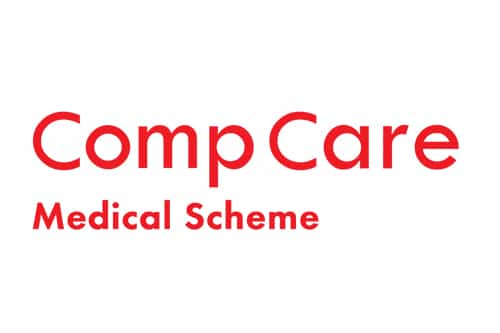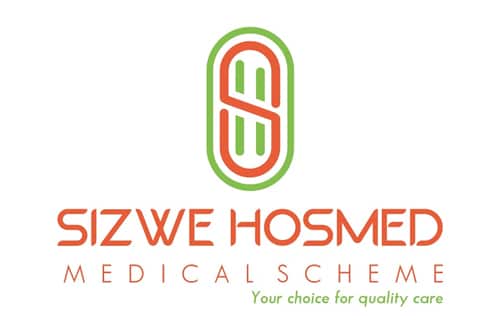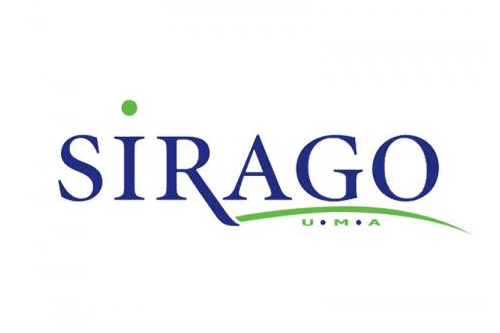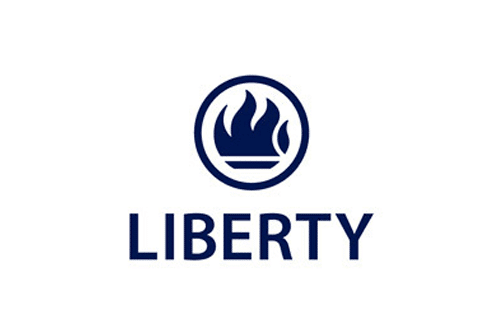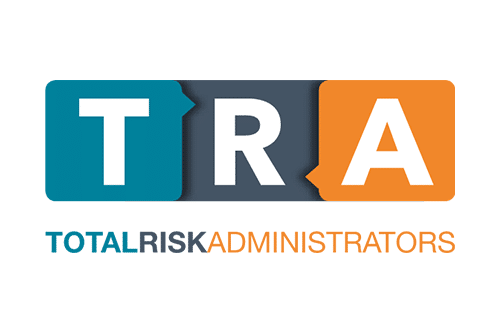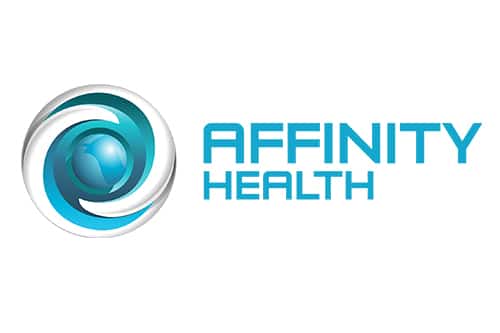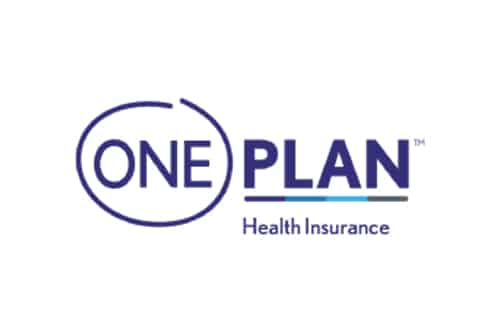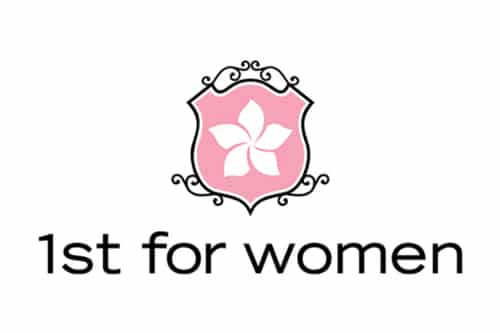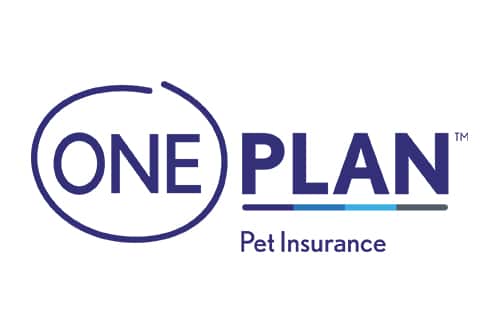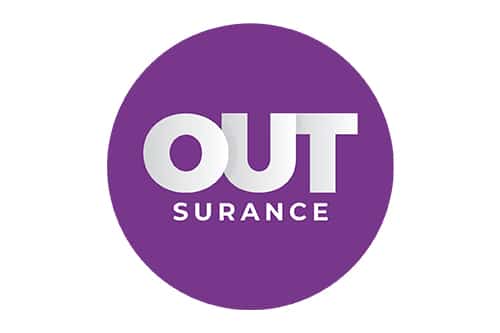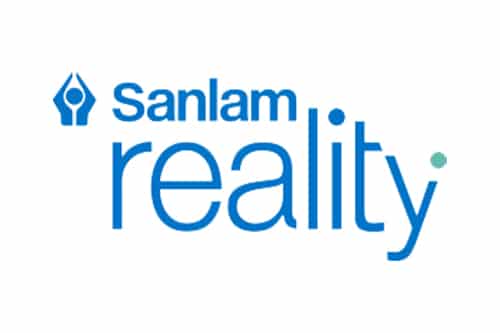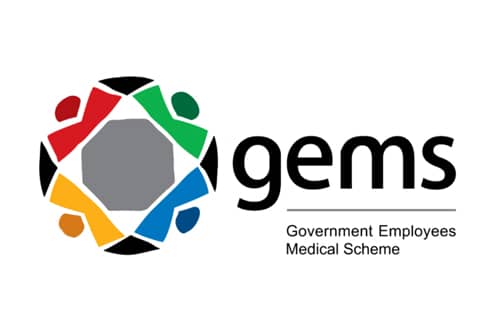
10 Things to Consider Before Cancelling your Medical in South Africa
The 10 Things to Consider Before Cancelling your Medical Aid in South Africa revealed.
We listed the things to consider before cancelling your medical aid.
This is a complete guide to the things you should consider before cancelling your medical aid in South Africa.
In this in-depth guide you’ll learn:
- What should you consider before cancelling your medical aid?
- What is the cancellation process for Discovery?
- Can a medical aid cancel your membership?
- What happens when you cancel your medical aid?
- What happens when your medical aid is suspended?
- Can you freeze your medical aid?
So if you’re ready to go “all in” with the things to consider before cancelling your medical aid in South Africa, this guide is for you.
Let’s dive right in…
10 Things to Consider Before Cancelling your Medical (2024)
Overview

👉 Now is the moment to make decisions to ensure that you and your family have access to decent healthcare as medical aids roll out their plans and prices for 2024. You can re-evaluate your yearly healthcare costs and requirements during the “open season” for medical aids. This is a crucial step, but it can be challenging to take.
👉 Over the past six months, the economic climate has gotten even more challenging. It is essential to prioritise your spending and savings when your income is threatened, diminished, or in the worst situation has dried up due to the pandemic.
👉 It’s human nature to look for easy fixes and put off necessary medical care when facing hardships like unemployment or a downsizing of your workplace.
👉 South Africans will find the high cost of healthcare, which is roughly 5% higher than the rate of inflation, to be increasingly unaffordable. As such, there are many reasons why cancelling your medical aid may prove to be a bad financial decision going forward.
👉 A person should feel confident in their choice of medical aid. The health care decision you make for you and your family must take into account both the necessary advantages and your ability to pay for them.
👉 The best way to acquire a medical aid plan that matches your needs and those of your loved ones is to do some research and comparison shopping. If you work with a broker, they should be your initial point of contact for gaining the information you need to make a sound decision.
👉 Buying down is an option, as is exploring other networking setups that can provide significant cost savings.
👉 To this end, we have provided 10 vital things you should consider before deciding to cancel your medical aid – a decision which should only ever come as a last resort.
1. Find out about additional benefits in your medical aid

👉 Inquire about any supplementary perks that may drastically reduce regular outlays. Benefits in the area of preventative medicine, such as mammograms, Pap smears, and prostate screening in addition to more fundamental tests like blood pressure, cholesterol, and body mass index readings.
👉 These can include a wide range of services, such as those related to pregnancy, dental care, vaccines, and more. Evaluate the benefits of any virtual care choices provided by your health medical aid.
2. Consider the state of public healthcare in South Africa

👉 Lack of resources and personnel have plagued South Africa’s public healthcare system. In the Global Health Care Index for 2022, it is now ranked 48th out of 95 countries.
👉 Particularly lacking in the public sector are medical doctors. One physician to around 2,457 patients is the estimated ratio.
👉 In the private sector, the ratio of doctors to patients is one to 571. It’s hardly surprising that patients’ experiences at public healthcare facilities are characterised by long wait times, subpar care, and postponed surgeries.
👉 Staffing shortages in public healthcare systems are having a devastating effect on patient outcomes. Over the previous five years, the cost of medical malpractice and negligence lawsuits filed against the state has doubled to R74 billion.
👉 Qualified nurses, doctors, and experts have fled to the private sector and overseas due to the hostile legal climate.
3. Consider whether you will be able to cover the expenses of private healthcare

👉 Staying the night in a private hospital typically comes with a hefty price tag. The going rate for a bed in a general ward is about R4,000 per night, whereas the going rate for a bed in a private ward is roughly R4,900.
👉 Overnight stays in the ICU are about R16,800. In the event that intensive care unit (ICU) specialists are needed, the price will increase to about R19,900 each day.
👉 The average person needs one or two nights in the hospital after even a minor operation like an appendectomy.
👉 Whole knee replacement and bypass heart surgery are two examples of common age-related treatments that can require a patient to spend five and seven nights in the hospital, respectively.
4. Consider whether you should change to a hospital plan

👉 Healthcare expenses, both in and out of the hospital, are covered by a medical aid plan, as are routine benefits like prescriptions and hospital stays. Plans have maximums for various covered expenses and benefits, as determined by the medical plan’s guidelines and the individual’s preference.
👉 Your hospitalisation costs will be covered by a minimum but the necessary level of medical aid provided by a medical aid hospital plan.
👉 In general, this plan satisfies the Council for Medical Schemes‘ requirements for hospital plans and covers all of your necessary in-hospital procedures and check-ups.
👉 This means that, within the parameters of your specific plan, you will not be financially responsible for any hospitalisation costs, whether you are admitted for a prearranged procedure or because of an unexpected sickness. Daily medical costs are your responsibility (such as visits to the doctor, specialists and medicine).
👉 It is important to keep in mind that hospital insurance and hospital plans are two entirely distinct things. When you need to spend time in the hospital due to illness, an accident, or intensive care and convalescence, hospital insurance can help ease the financial burden. The money is yours to put towards whatever you need it for, be it medical bills or groceries. Nonetheless, you will be responsible for paying your own medical expenses.
5. Consider that you will have no financial cover

👉 The fact that you will have no medical coverage at all is the primary argument against cancelling your medical aid.
👉 No financial assistance will be available in the event that you need to be hospitalised for any reason or develop a condition that requires long-term medication.
👉 Although there are state-run, sliding-scale hospitals in South Africa, they are often overcrowded and understaffed, so there is no assurance that you will receive the care you require.
👉 Your monthly medical aid contributions won’t come close to covering the expense of private medical care, which can cost tens of thousands or even hundreds of thousands of Rands.
👉 Even if you’re in good condition and don’t anticipate needing medical care anytime soon, accidents and illnesses can strike at any time, so it’s unwise to go without medical aid.
6. Consider that you will have a waiting period on a new medical aid plan

👉 At times of financial hardship, some people choose to temporarily suspend their medical aid coverage until they are back on stable financial footing. The issue is that as a new member (even if you were a member before), you will most likely be subject to a waiting period during which you have to make payments but aren’t protected.
👉 There may be a general waiting time of three months or a condition-specific waiting period of up to 12 months, depending on criteria including your health and how long you’ve gone without medical aid coverage.
👉 The Top 5 Medical Aids with No Late Joiner Penalty in South Africa revealed.
7. Consider downgrading your current medical aid plan

👉 If you are having trouble making your contributions and have exhausted all other options, you may be able to switch from a non-network to a network plan or downgrade your plan to one that offers fewer benefits, depending on the rules of your scheme or emergency measures they may have in place.
👉 Cancelling your medical aid plan may be your only choice if you’ve exhausted all other options and still can’t afford medical care.
👉 Members will need to give one month’s notice to the scheme, and any funds that have been utilised in excess of the pro-rata amount at the date of cancellation must be refunded to your medical scheme,” the terms state.
👉 How to Calculate Medical Aid Fringe Benefit in South Africa explained.
8. Consider the inflation rate
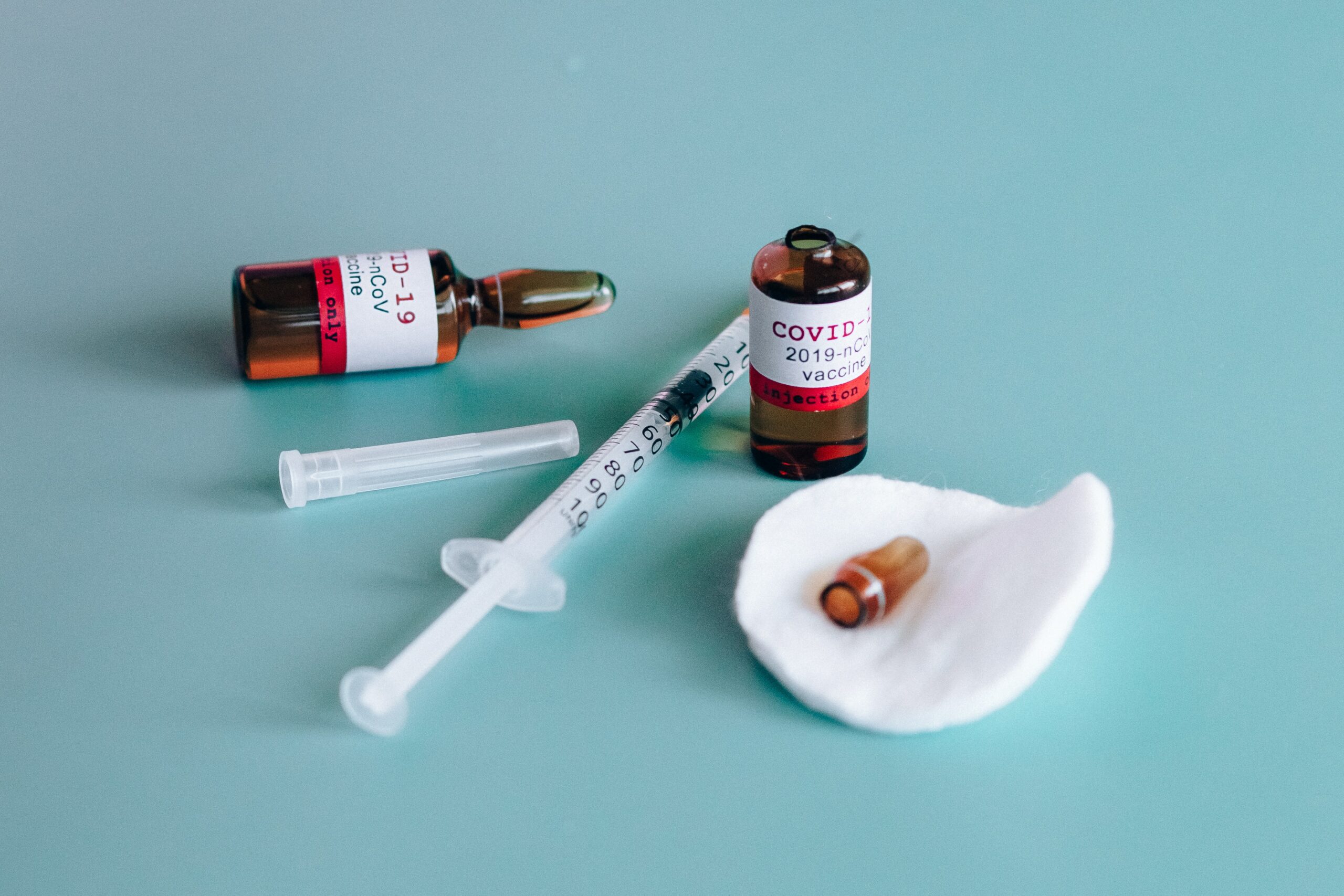
👉 Inflation drives up the price of everything, including medical treatment. Yet, the rate of increase in healthcare costs is far greater than the CPI as a whole.
👉 You can never have enough savings to truly shield yourself from excessive expenditures unless you are willing to save a significant amount every month and significantly increase it every year.
9. Hospital cash-back plans might not be the best alternative

👉 Hospital cash-back plans (HCBPs) are sometimes seen as a substitute for medical aid policies, however, the two are not even remotely similar.
👉 The majority, if not all, of the costs associated with a hospital stay are covered by medical aid plans, even the most fundamental hospital plans. This includes visits to the doctor, the cost of your hospital room, and any medications you may need to take home.
👉 While a day’s stay in the hospital can cost thousands of Rands, an HCBP will pay you a daily cash sum that is typically far less.
👉 Furthermore, most HCPBs do not begin paying out until you have been in the hospital for at least three days; if you are admitted for a day’s of treatment, you will receive no reimbursement.
10. Consider other cost-saving alternatives first

👉 If you are having financial difficulties and are thinking of cancelling your medical aid, you should first exhaust all other options for cost-cutting. If you need to pay for medical charges, they are quite expensive, thus medical aid should be the last expense you consider lowering.
👉 Instead, develop and keep to a monthly financial budget by cutting back on discretionary spendings like entertainment and travel. Using this method, you can save money each month without sacrificing your protection against unexpected medical bills.
👉 The 5 Best Medical Aids with Value for Money in South Africa revealed.
Frequently Asked Questions
Can I cancel my medical aid?
Yes, you can cancel your medical aid.
What happens to your savings when you cancel your medical aid?
The previous year’s medical expense savings are given to members at the start of the new year. The program will determine your unused percentage of this year’s savings when you remove from membership. If there are any remaining money, they will be distributed to you at this point, or you may be compelled to repay the plan.
Will I have access to affordable healthcare without medical aid?
Without medical aid, you may have to pay for medical expenses out of your own pocket, and that can be pricey depending on the services required.
Are there waiting periods if I rejoin a medical aid later?
Yes, but keep in mind that rejoining a medical aid later may result in waiting periods before certain benefits become available to you or even a penalty for being a late joiner.
Are there any penalties or costs associated with cancelling my medical aid?
Yes, there is a possibility that some medical aid plans may impose cancellation fees or penalties, therefore it is important to read your insurance terms and conditions carefully.

